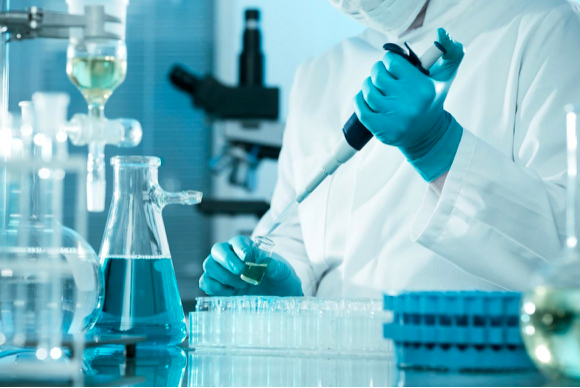Prestigious scholarships to foster ‘blue sky’ research

Following a global competition, five leading researchers from the Melbourne Biomedical Precinct have been awarded the prestigious title of Howard Hughes Medical Institute International Research Scholar.
The program recognises exceptional early career scientists poised to advance biomedical research globally.
The winners are among 41 scientists from 16 countries who will receive more than $US650,000 each over five years.
They include:
- Associate Professor Kathryn Holt (University of Melbourne)
- Dr Laura Mackay (University of Melbourne and the Peter Doherty Institute for Infection and Immunity)
- Professor Mark Dawson (The Peter MacCallum Cancer Centre and University of Melbourne)
- Dr Wai-Hong Tham (Walter and Eliza Hall Institute of Medical Research)
- Dr Seth Masters (Walter and Eliza Hall Institute of Medical Research).
The funding provides the scientists with the freedom to pursue new research directions that bring transformative innovation to priority global health problems.
Associate Professor Holt uses genomic tools to study infectious disease-causing microbes important in global health, including Salmonella typhi, which causes typhoid fever, and Shigella sonnei, a bacterium responsible for dysentery.
She wants to understand what makes pathogens emerge, and why some become resistant to antimicrobial drugs.
“We isolate bacteria from people then use DNA sequencing – or ‘fingerprinting’ – to see how the bacteria are spreading and changing in time and space,” Associate Professor Holt said.
Dr Mackay, who heads a lab at the Peter Doherty Institute for Infection and Immunity, focuses on resident memory T cells that reside in tissues in the body such as the skin and lungs. These cells are critical for fighting infectious disease.
“Traditionally, vaccines have focused on boosting the immune system’s antibodies or T cells in the blood, but we now know that for certain infections, ‘resident memory T cells’ provide the best protection against infection," Dr Mackay said.
Professor Dawson's research is focused on understanding how normal and malignant stem cells differ, as a step towards finding ways to wipe out malignant stem cells without harming normal stem cells.
Dr Masters will use personalised medicine to identify genetic changes that cause severe inflammatory diseases early in life.
In his past research, he has helped to identify the genetic causes of two rare but severe inflammatory diseases, one of which is fatal in early childhood.
Dr Tham investigates how Plasmodium vivax, the dominant malaria parasite in countries outside of sub-Saharan Africa, recognises and invades red blood cells inside the human body.
Faculty of Medicine, Dentistry and Health Sciences Dean Shitij Kapur described the recipients as emerging research leaders.
“Like Howard Hughes – the businessman, film producer, aviator and philanthropist for whom the program is named – these researchers are amazing talents who will fly high," Professor Kapur said.
"Their appointments recognise outstanding potential in discovery science and I will be excited to see their work flourish with the support of this very significant award."
The Howard Hughes Medical Institute, the Bill & Melinda Gates Foundation, the Wellcome Trust and the Calouste Gulbenkian Foundation have partnered to deliver the Howard Hughes Medical Institute International Research Scholars program.